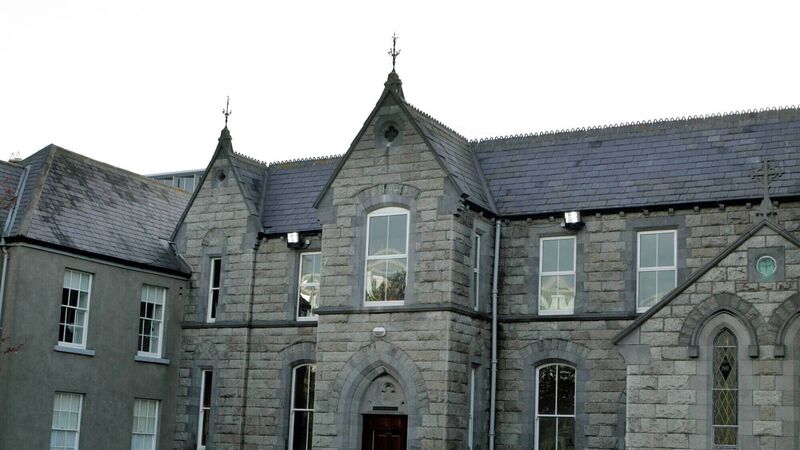Government under pressure to launch inquiry into illegal birth registrations

The report was commissioned in 2019, following evidence of illegal birth registrations in the files of the St Patrick’s Guild adoption society. File picture
Pressure is mounting on the Government to launch a full State inquiry after potentially 20,000 suspicious cases of illegal birth registrations were discovered.
The independent review commissioned by the Government has found "suspicious" markers and phrases in a sample of records it has examined which leads it to believe records were falsified when infants were adopted.










